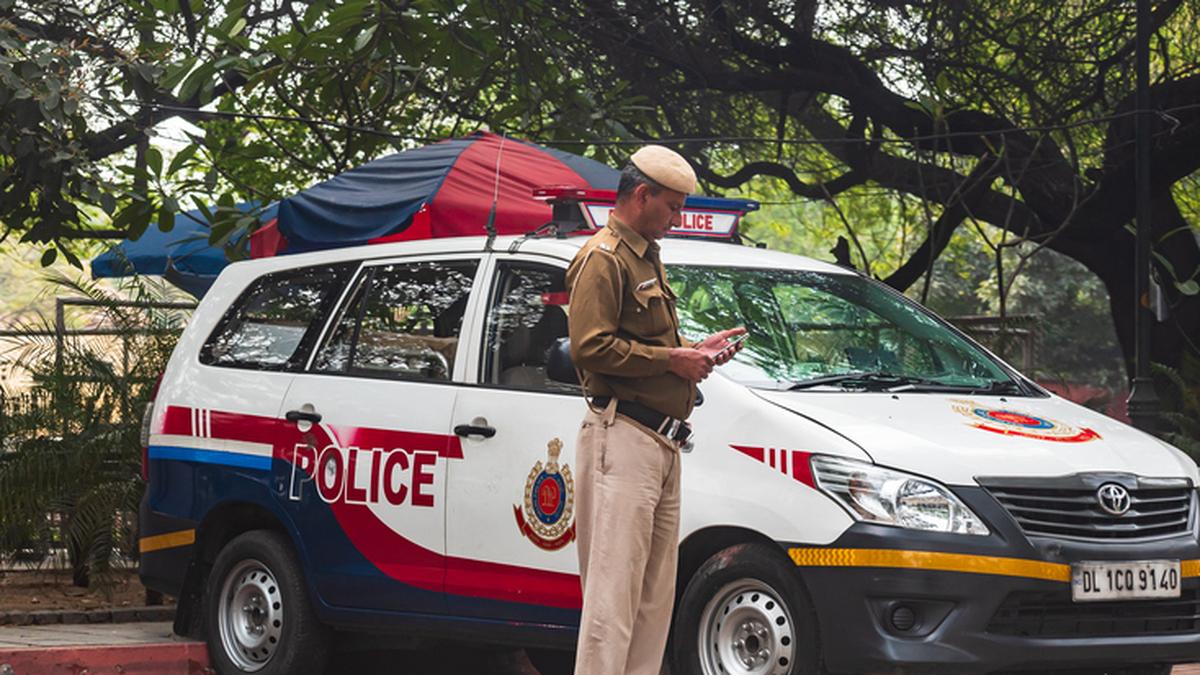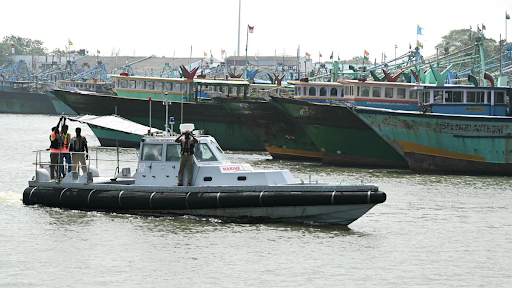




Source: NEWINDIANEXPRESS
Disclaimer: Copyright infringement not intended.
The Union Government has reconstituted the National Security Advisory Board (NSAB) and appointed former R&AW chief Alok Joshi as its new chairman along with six other members.
This restructuring comes amid rising Indo-Pak tensions following the Pahalgam terror attack signalling renewed focus on national security preparedness and foresight.
|
Tier |
Institution |
Headed by |
Role |
|
Tier 1 (Apex) |
National Security Council (NSC) |
Prime Minister |
Final decision-making body on security issues |
|
Tier 2 |
Strategic Policy Group (SPG) |
National Security Advisor (NSA) |
Inter-ministerial coordination and strategic planning |
|
Tier 3 |
National Security Advisory Board (NSAB) |
Chairperson (Appointed by PMO) |
Advisory body providing independent, long-term strategic inputs |
Mandate and Purpose
Established to provide a broad-based, independent viewpoint on national security and strategic issues.
Offers non-governmental insights from experts in diplomacy, defense, economy and technology.
Helps enhance long-term strategic planning and anticipate emerging challenges e.g., cyber threats, space weaponization, terrorism, energy security.
Legal Status
Non-statutory and non-constitutional body.
Functions under the National Security Council Secretariat.
Its recommendations are advisory not binding.
|
Element |
Details |
|
Chairperson |
Usually a retired senior government official or strategic expert |
|
Members |
Typically 7-10, drawn from fields such as military, diplomacy, academia, science, intelligence, and internal security |
|
Tenure |
Not fixed; composition is flexible and may change based on requirements |
|
Appointment |
Members are appointed by PMO on the advice of the NSA |
Advisory Role to NSC: Recommends policies on national security.
Strategic Guidance: Identifies future threats and opportunities in geopolitics.
Foresight and Scenario-Building: Develops long-term scenarios in defense, foreign policy, energy, etc.
Support for Strategic Communication: Assists in managing India's global narrative.
Bridging Expertise Gap: Infuses non-bureaucratic and non-political perspectives into policymaking.
|
Name |
Background |
|
Alok Joshi (Chairman) |
Former R&AW Chief |
|
Air Marshal P.M. Sinha |
Former Western Air Commander |
|
Lt. Gen. A.K. Singh |
Former Southern Army Commander |
|
Rear Admiral Monty Khanna |
Veteran Naval Strategist |
|
Rajiv Ranjan Verma |
Retired IPS Officer |
|
Manmohan Singh |
Retired IPS Officer |
|
B. Venkatesh Varma |
Retired IFS Officer, former envoy to Russia |
Neighbourhood Strategy especially Pakistan and China
Border Management and Fencing
Internal Security, including terrorism and insurgency
Maritime Security and Indo-Pacific policy
Strategic Industries & Emerging Technologies (AI, semiconductors, cybersecurity)
Space & Cyber Threats
Strategic Communication (information warfare, perception management)
Sources: NEWINDIANEXPRESS
|
PRACTICE QUESTION Q. In the context of evolving national and global security threats, critically examine the role of the National Security Advisory Board (NSAB). How does the recent restructuring reflect India’s strategic priorities and challenges? 250 Words. |







© 2026 iasgyan. All right reserved